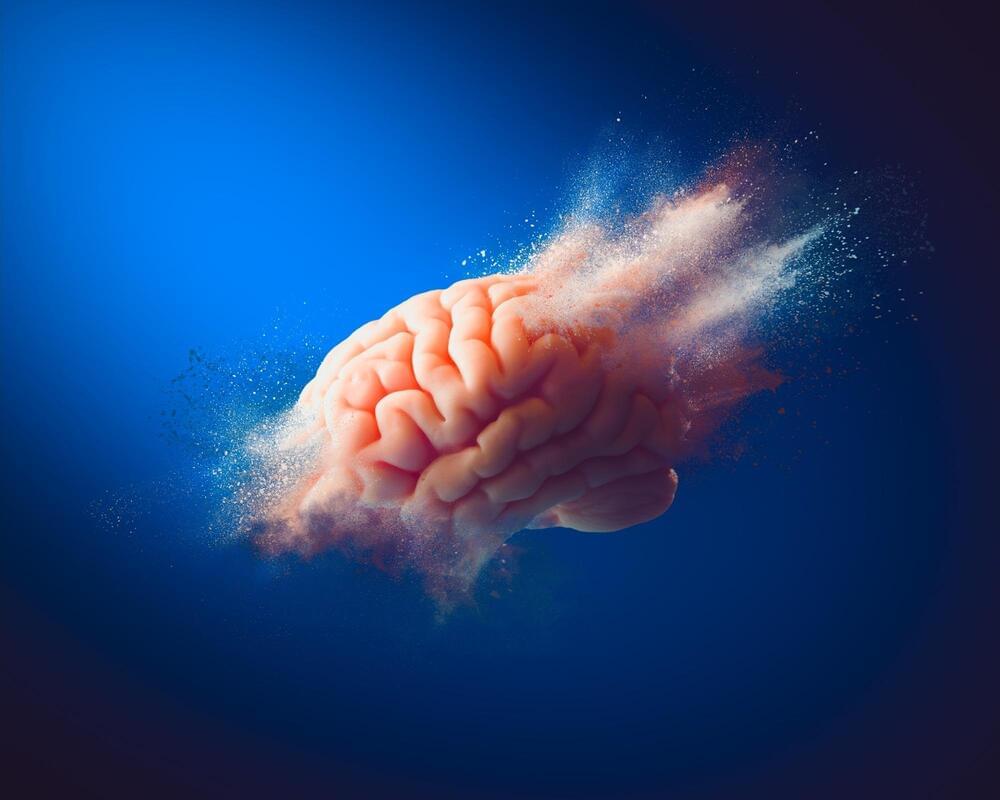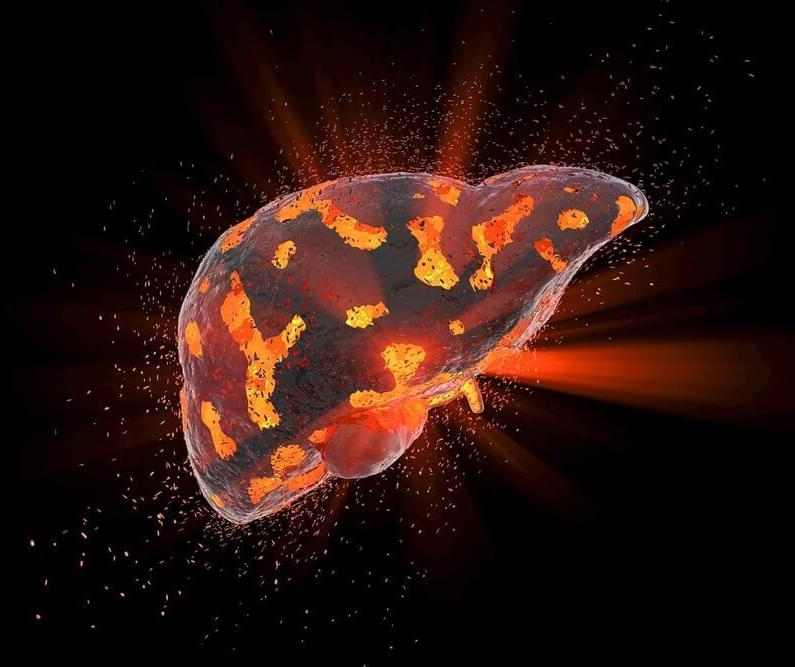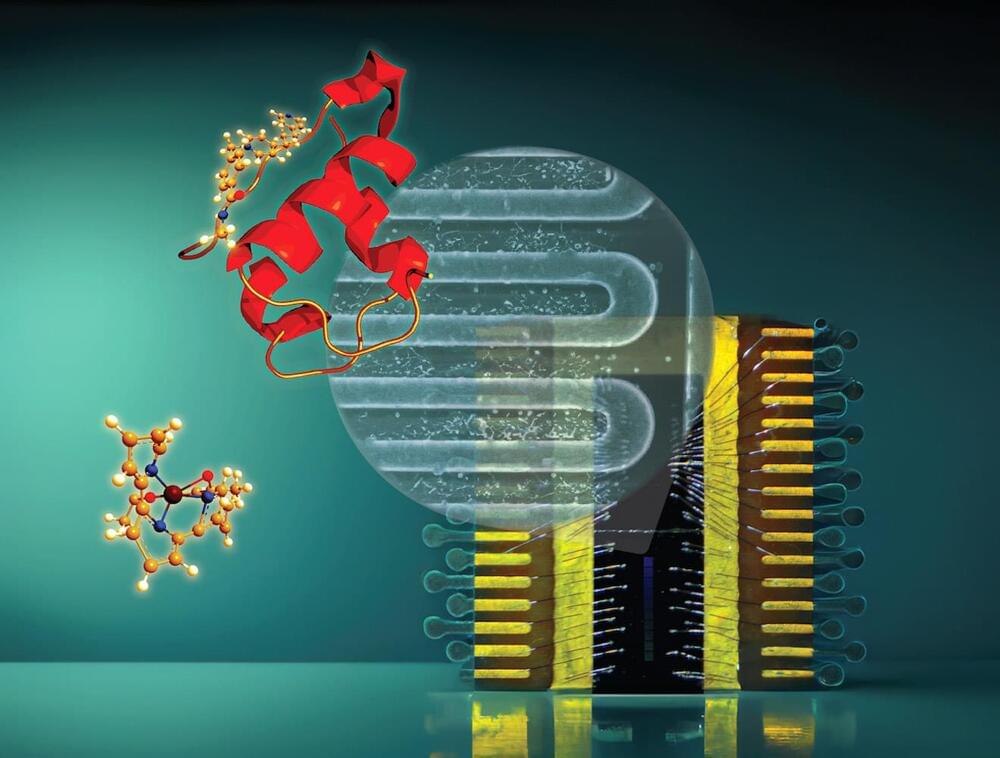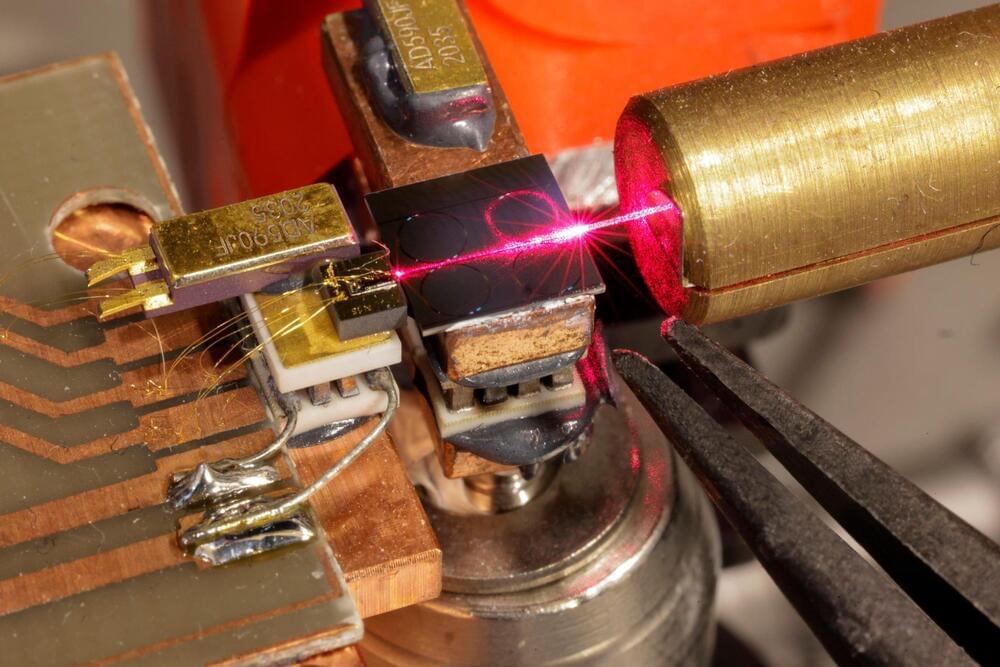Page 986
Dec 14, 2023
Have we cloned human beings, if so, how does it work?
Posted by Shailesh Prasad in categories: biotech/medical, genetics
Cloning, a topic that has captured the imagination of many, continues to be a subject of scientific interest, ethical debates, and speculative musings. While its various forms and implications have been widely discussed, this article aims to provide an overview of cloning, present examples of successful cloning in different organisms, explore the mechanisms involved, and address the reports and speculations surrounding possible human cloning.
Understanding Cloning: Cloning is the process of creating an organism that is genetically identical to another individual. It can occur naturally, such as with identical twins, or it can be achieved artificially through scientific techniques. Artificial cloning techniques include somatic cell nuclear transfer (SCNT), where the nucleus of a donor cell is transferred into an enucleated egg cell, and reproductive cloning, which aims to create a living copy of an existing organism.
Dec 14, 2023
Miles Beneath Our Feet: The Superhot Energy Source That Could Change Everything
Posted by Saúl Morales Rodriguéz in categories: energy, engineering
In an indication of growing interest in the holy grail of geothermal energy—tapping into the superhot rock miles below our feet—18 papers on the topic were presented over multiple sessions at a recent major conference on the overall geothermal industry.
“By driving down costs and making large-scale geothermal power available nearly anywhere, Superhot Rock energy has the potential to disrupt and revolutionize the energy system.” That’s according to a description of the sessions on Technological, Engineering, and Geological Advances in Superhot Geothermal presented at the 2023 Geothermal Rising Conference held over four days in October.
“For me, a pretty big highlight of Geothermal Rising 2023 was the increased focus on superhot rock geothermal through multiple presentations from around the world,” says Matt Houde, co-founder and project manager at Quaise Energy.
Dec 14, 2023
These Superconductors Are Acting “Strange,” and Scientists Finally Know Why
Posted by Saúl Morales Rodriguéz in categories: quantum physics, sustainability
Recent research has unlocked key aspects of high-critical-temperature superconductors, identifying their unique ‘strange metal’ state and a crucial quantum critical point. This discovery, resulting from collaborative efforts and extensive experiments, paves the way for advanced superconducting technologies.
Taking a significant step forward in superconductivity research, the discovery could pave the way for sustainable technologies and contribute to a more environmentally friendly future.
The study just published in Nature Communications by researchers from Politecnico di Milano, Chalmers University of Technology in Göteborg, and Sapienza University of Rome sheds light on one of the many mysteries of high-critical-temperature copper-based superconductors: even at temperatures above the critical temperature, they are special, behaving like “strange” metals. This means that their electrical resistance changes with temperature differently than that of normal metals.
Dec 14, 2023
Aging Brains Beware: Just 1% Less Deep Sleep Could Significantly Increase Seniors Risk of Dementia
Posted by Saúl Morales Rodriguéz in categories: life extension, neuroscience
A study has found that every 1% decrease in deep sleep annually in individuals over 60 years old is associated with a 27% higher risk of dementia. This research indicates that improving or preserving deep sleep, known as slow-wave sleep, in later life may help prevent dementia.
The study, led by Associate Professor Matthew Pase, from the Monash School of Psychological Sciences and the Turner Institute for Brain and Mental Health in Melbourne, Australia, and published in JAMA Neurology, looked at 346 participants, over 60 years of age, enrolled in the Framingham Heart Study who completed two overnight sleep studies in the time periods 1995 to 1998 and 2001 to 2003, with an average of five years between the two studies.
Dec 14, 2023
Scientists Uncover Mechanism for Treating Dangerous Liver Condition
Posted by Saúl Morales Rodriguéz in category: biotech/medical
A recent study conducted by Oregon State University has unveiled new insights into how certain polyunsaturated fatty acids, specifically omega 3, combat a severe liver condition. This discovery paves the way for novel drug research for nonalcoholic steatohepatitis (NASH), a disease currently without any FDA-approved treatments.
Scientists led by Oregon State’s Natalia Shulzhenko, Andrey Morgun and Donald Jump used a technique known as multi-omic network analysis to identify the mechanism through which dietary omega 3 supplements alleviated nonalcoholic steatohepatitis, usually abbreviated to NASH.
The mechanism involves betacellulin, a protein growth factor that plays multiple positive roles in the body but also contributes to liver fibrosis, or scarring, and the progression to cirrhosis and liver cancer.
Dec 14, 2023
The Starling Squadron: NASA’s CubeSats Take Formation in Space
Posted by Saúl Morales Rodriguéz in categories: robotics/AI, satellites
NASA’s Starling mission will test new technologies for autonomous swarm navigation on four CubeSats in low-Earth orbit. Credit: Blue Canyon Technologies/NASA
NASA ’s Starling spacecraft are getting in formation: the mission team has spent the last two months troubleshooting issues and commissioning the four spacecraft, nicknamed Blinky, Pinky, Inky, and Clyde.
Pinky, Inky, and Clyde have successfully completed their propulsion system commissioning and have executed maneuvers to get into their swarm operations configuration, maintaining a range between 50–200 km apart. The three have also successfully demonstrated two-way communications with their crosslink radios in this closer proximity.
Dec 14, 2023
Revolutionizing the Cosmos: Deep Learning Supercharges Galactic Calculations
Posted by Saúl Morales Rodriguéz in categories: chemistry, cosmology, robotics/AI
Supernovae, which are exploding stars, play a pivotal role in galaxy formation and evolution. However, simulating these phenomena accurately and efficiently has been a significant challenge. For the first time, a team including researchers from the University of Tokyo has utilized deep learning to enhance supernova simulations. This advancement accelerates simulations, crucial for understanding galaxy formation and evolution, as well as the evolution of chemistry that led to life.
When you hear about deep learning, you might think of the latest app that sprung up this week to do something clever with images or generate humanlike text. Deep learning might be responsible for some behind-the-scenes aspects of such things, but it’s also used extensively in different fields of research. Recently, a team at a tech event called a hackathon applied deep learning to weather forecasting. It proved quite effective, and this got doctoral student Keiya Hirashima from the University of Tokyo’s Department of Astronomy thinking.
Dec 14, 2023
Superconducting Nanowires: A Quantum Breakthrough in Protein Ion Detection
Posted by Saúl Morales Rodriguéz in categories: nanotechnology, quantum physics
Detection efficiency is 1,000 times higher than conventional ion detectors due to high sensitivity.
An international research team led by quantum physicist Markus Arndt (University of Vienna) has achieved a breakthrough in the detection of protein ions: Due to their high energy sensitivity, superconducting nanowire detectors achieve almost 100% quantum efficiency and exceed the detection efficiency of conventional ion detectors at low energies by a factor of up to a 1,000. In contrast to conventional detectors, they can also distinguish macromolecules by their impact energy. This allows for more sensitive detection of proteins and it provides additional information in mass spectrometry. The results of this study were recently published in the journal Science Advances.
Advancements in Mass Spectrometry.
Dec 14, 2023
Micro-Ring Resonators: Unlocking New Dimensions in Laser Technology
Posted by Saúl Morales Rodriguéz in categories: computing, engineering
EPFL researchers have developed a hybrid device that significantly improves existing, ubiquitous laser technology.
The team at EPFL’s Photonic Systems Laboratory (PHOSL) has developed a chip-scale laser source that enhances the performance of semiconductor lasers while enabling the generation of shorter wavelengths. This pioneering work, led by Professor Camille Brès and postdoctoral researcher Marco Clementi from EPFL’s School of Engineering represents a significant advance in the field of photonics, with implications for telecommunications, metrology, and other high-precision applications.
Innovative integration for improved coherence and visibility.


















